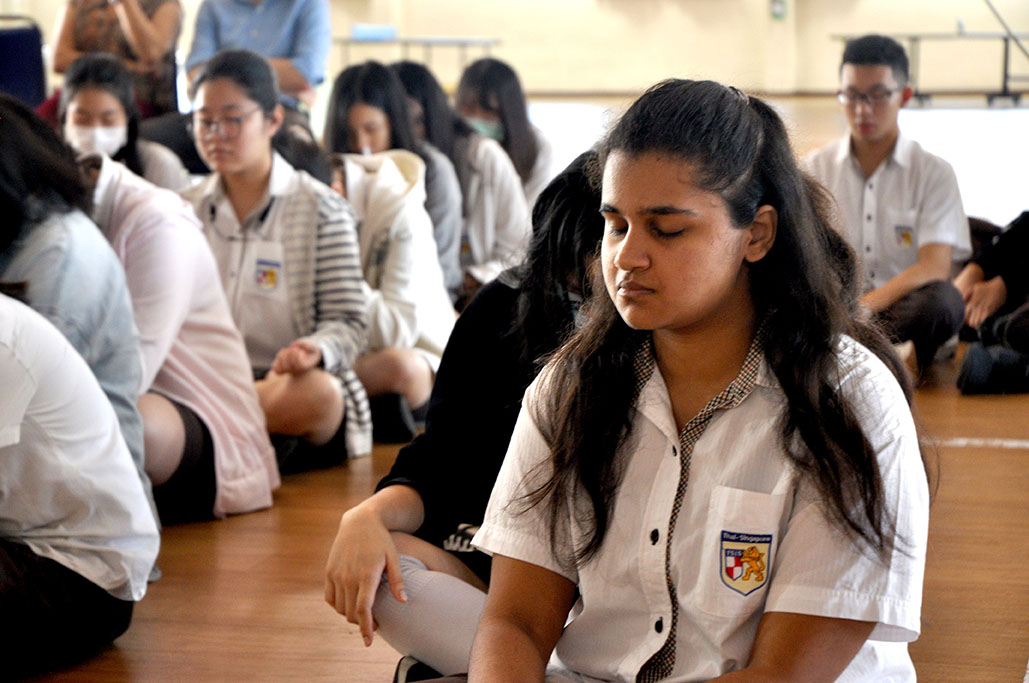 |
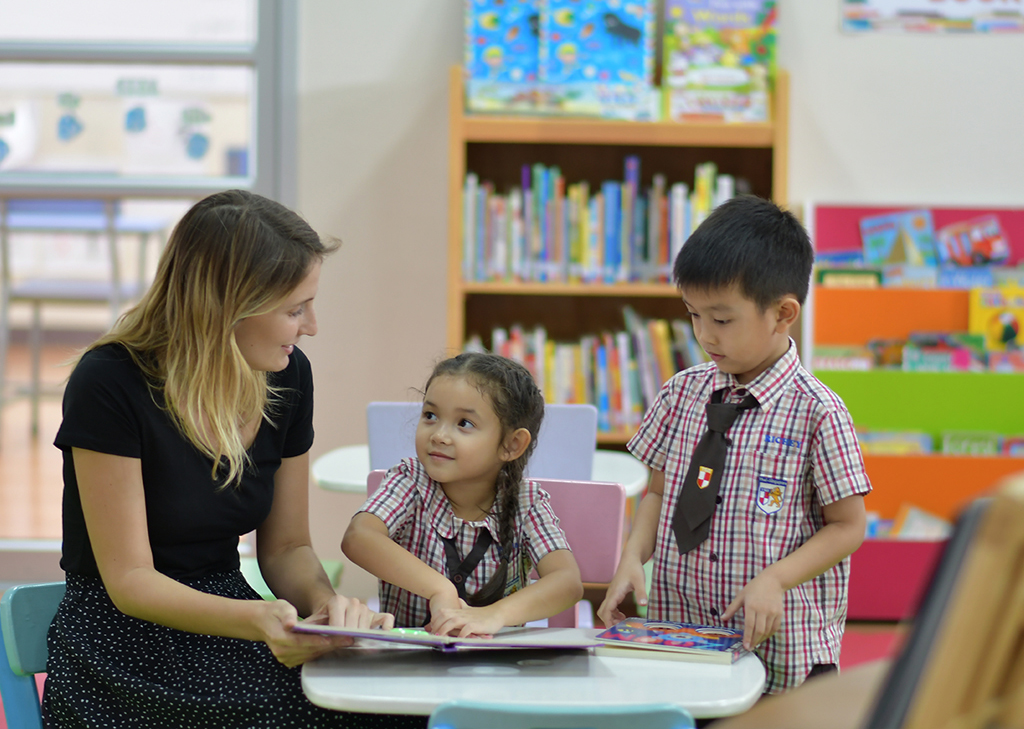 |
 |
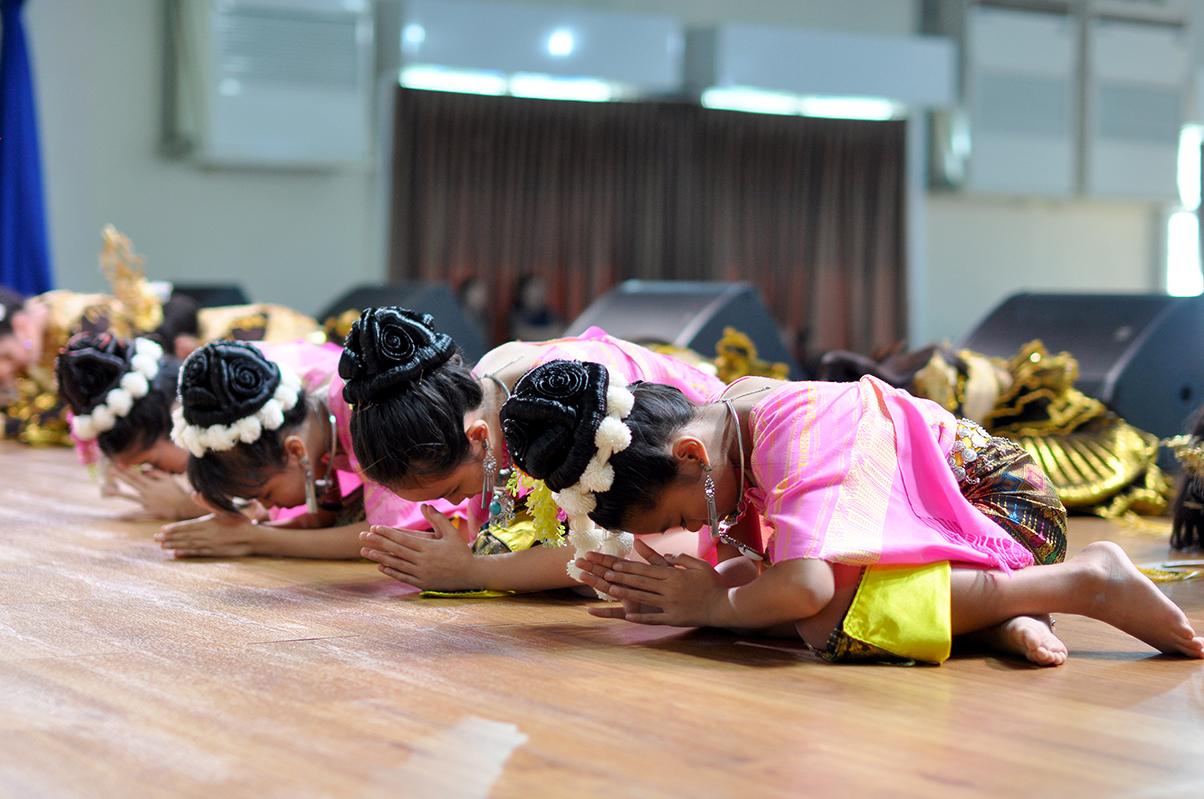 |
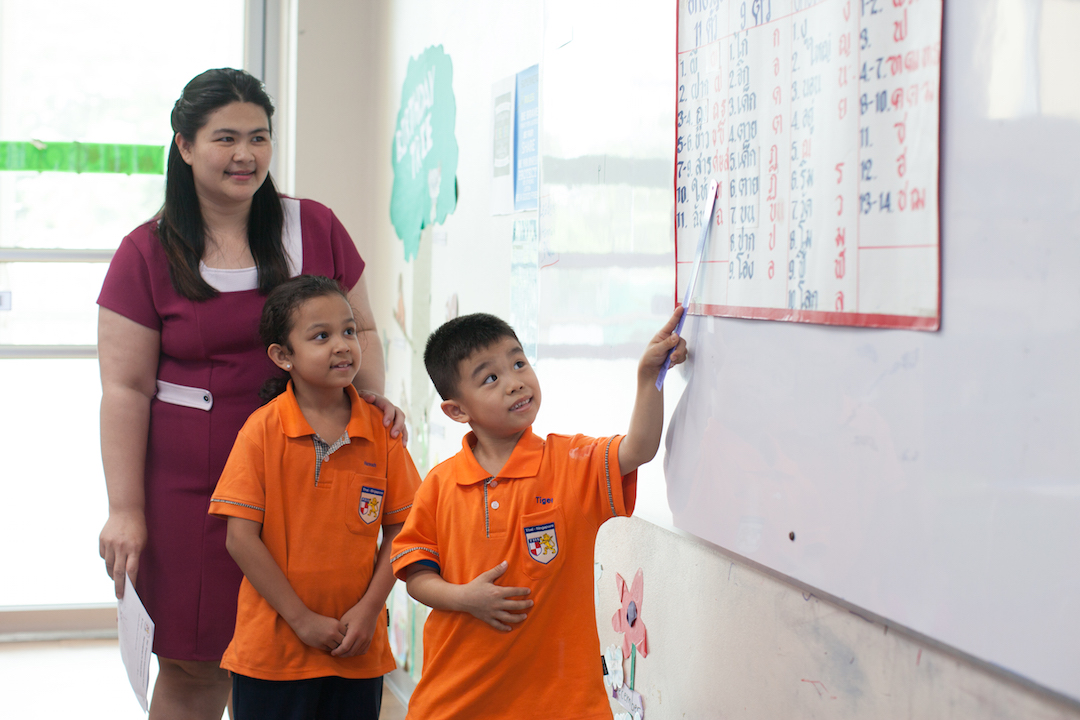 |
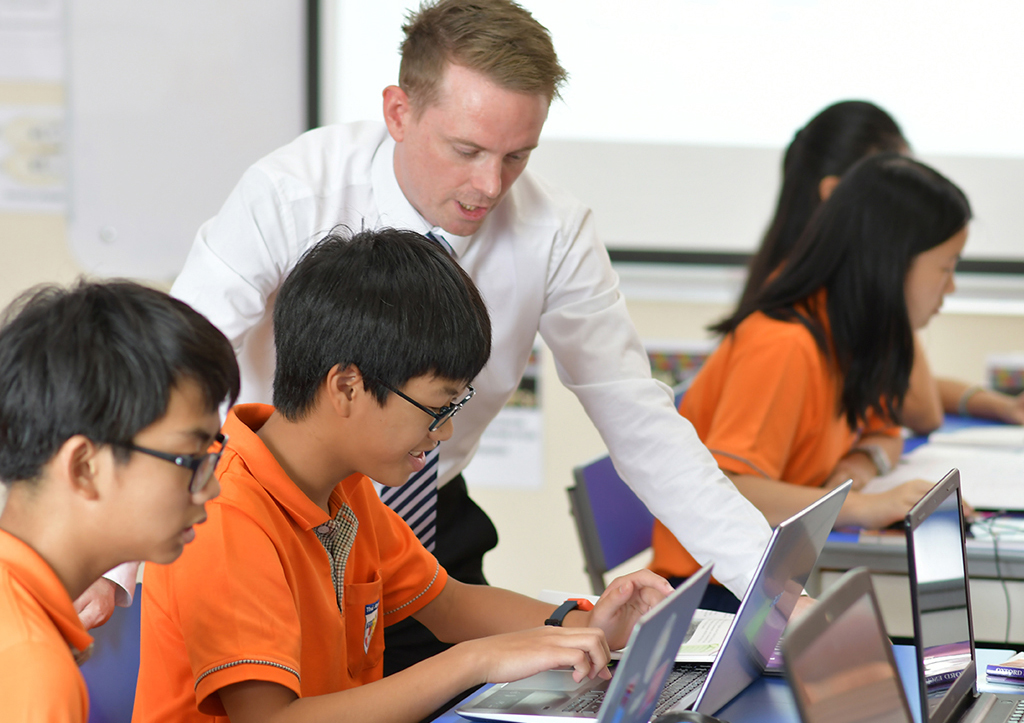 |
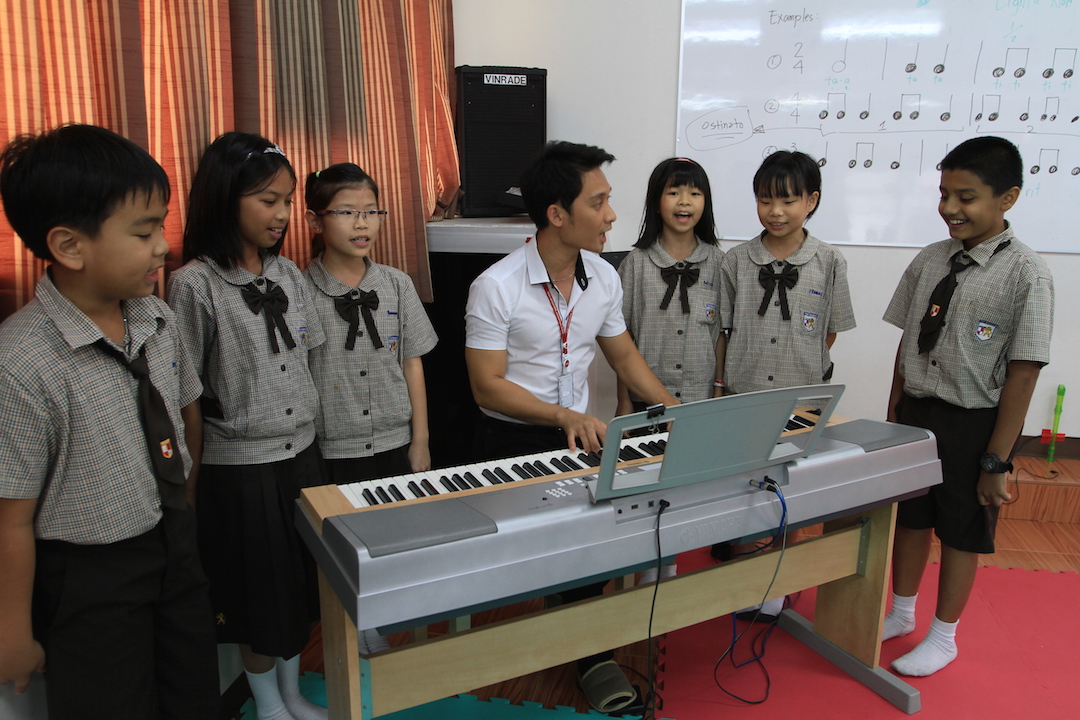 |
 |
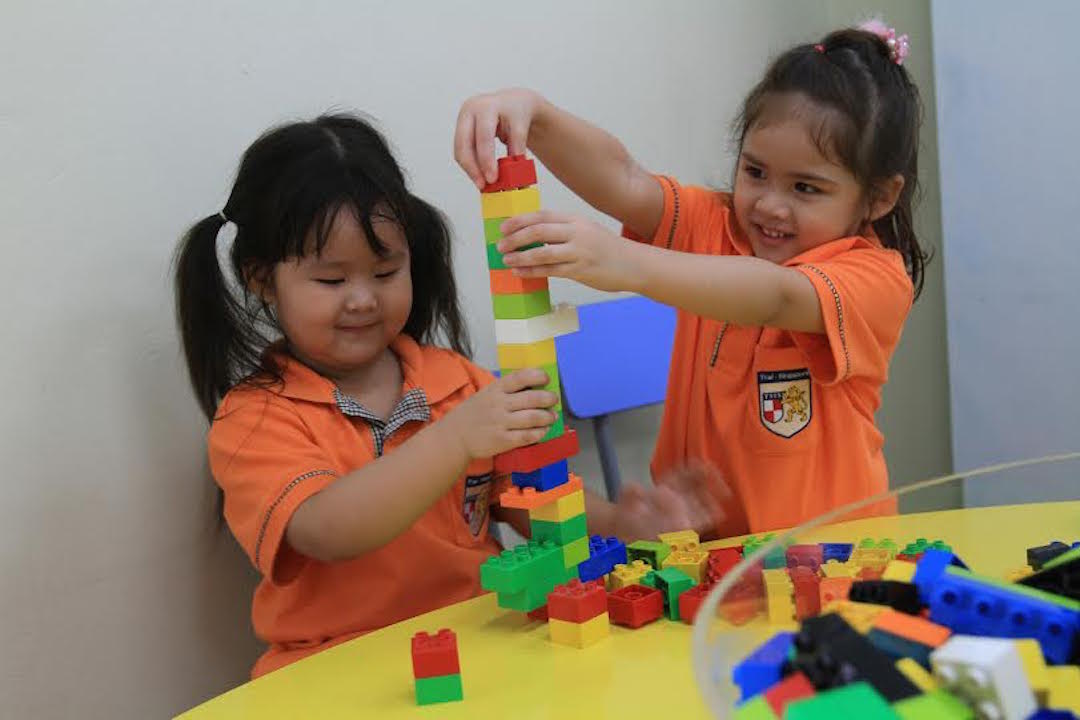 |
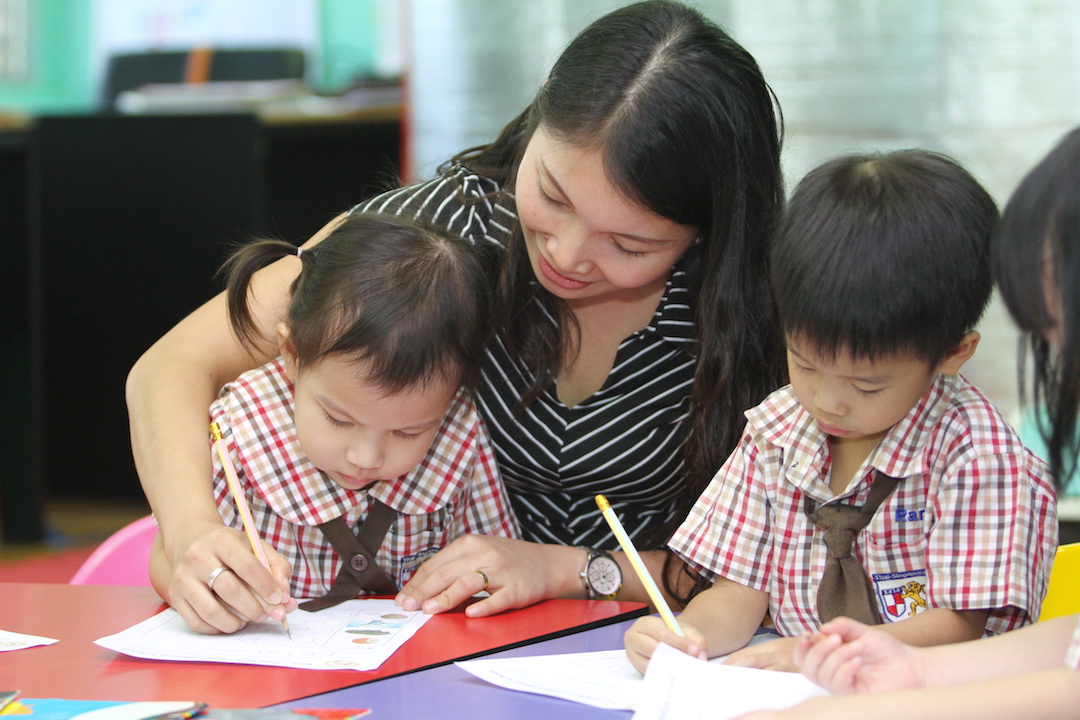 |
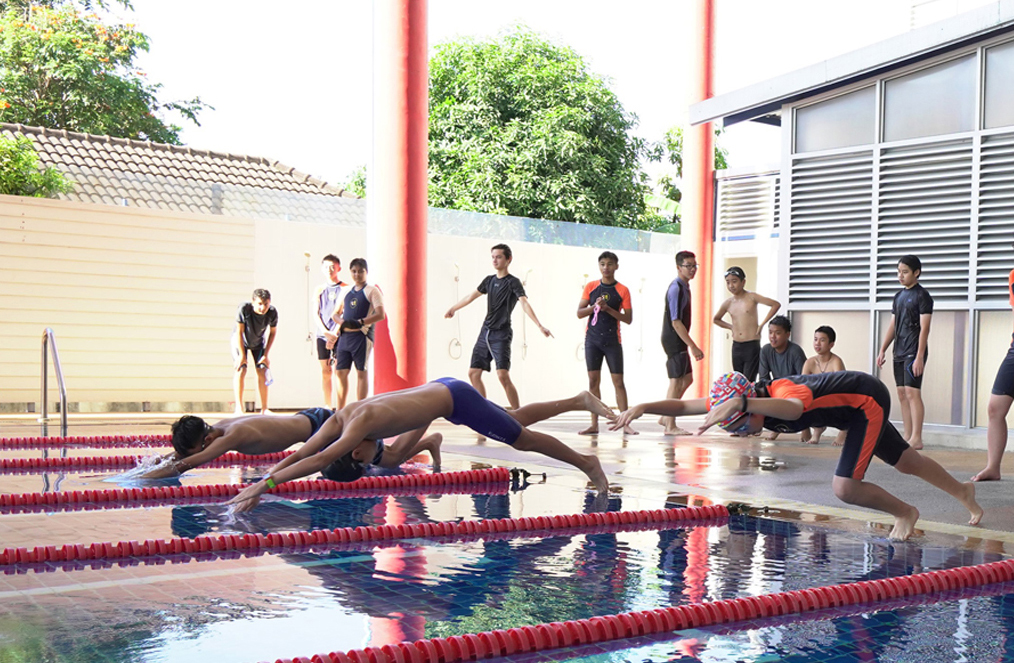 |
 |
Our curriculum is modelled after the challenging and rigorous Curriculum of Singapore which stresses academic excellence in teaching and learning
Early childhood is a significant period in human development. It is the time when children begin to develop independence, initiative, decision-making ability, creativity, early literacy and numeracy skills, the ability to learn, the ability to relate to others, verbal communication skills, and feelings of self-worth.
What young children learn at this stage will have a major impact on successful learning experiences in school, on personal development and on future participation in society.
Young children begin all this important learning in a variety of environments – in their homes, in school and in the community. Children arrive in school from diverse backgrounds and with a variety of experiences and it is important that we establish an environment where all can thrive.
Nursery and Kindergarten School
Our curriculum is modelled on the challenging and rigorous Curriculum of Singapore which stresses academic excellence in teaching and learning.
The early years have a crucial influence on later development and learning. Quality early experiences have been found to make a difference to the future achievement of children.
Young children are natural and active learners. They enjoy observing, exploring, imagining, discovering, investigating, collecting information and sharing knowledge.
These early learning experiences can be further enhanced by caring adult who promote high levels of interaction to promote positive attitudes to learning. This is achieved through both play and structured learning in an enjoyable and non – threatening environment.
By the end of their education in kindergarten, children should:
Know what is right and what is wrong
Be willing to share and take turns with others
Be able to relate to others
Be able to listen and speak with understanding
Be comfortable and happy with themselves
Have developed physical co-ordination and healthy habits
Love their families, friends, teachers and school
The six learning areas which are outlined in the “Curriculum Framework for Kindergartens in Singapore”
Primary School
Tapping on the strengths of the Singapore education system which is recognised internationally for its success in inculcating literacy and numeracy skill, our Primary School Education offers an academic curriculum which is in line with the Singapore syllabus. This ensures that students enrolled into TSIS are given the necessary grounding in the important core subjects, namely English, Chinese Language, Mathematics and Science.
To ensure students develop not just the mind but the body and spirit as well, our school also offers subjects such as Music, Art, Personal Social and Health Education, ICT and Physical Education.
The primary curriculum also aims to equip students with the necessary life skills needed to survive in today’s
Fast-changing world. It is with this in mind that we have embarked on a student – centered approach to complement our existing curriculum. In essence, we recognize the fact that it is no longer sufficient to merely acquire content, but more importantly, students must learn how to learn, and be able to apply the skills and knowledge acquired.
Secondary School
International General Certificate of Secondary Education (IGCSE) is the world’s most popular international curriculum, leading to globally recognized and valued Cambridge IGCSE qualifications. Cambridge IGCSE encourages learner-centered and enquiry – based approaches to learning. It develops learners’ skills in creative thinking, enquiry and problem solving, giving the learners excellent preparation for the next stage in their education. Cambridge IGCSE is compatible with other curricula and is internationally relevant.
Students preparing for IGCSE will be offered a wide range of IGCSE subjects grouped into five curriculum areas to choose from. These areas are as follows:
AS & A Levels are qualifications developed by Cambridge International for students age of 16 – 18 years old who have completed and awarded with IGCSE certificate. AS & A Levels are to help students prepare for their tertiary education with in-depth studies of selected subjects depending on students’ interest, ability, and teachers’ recommendations.
At TSIS, students will further their studies at AS and A levels upon the completion of IGCSE for their subsequent entry to universities across the globe. Under close supervision and consultation of our teachers and counsellors, it is important for students to choose their core subjects across Sciences, Social Sciences, and Mathematics within a period of 2 years based on their interests and prospect fields of tertiary education.